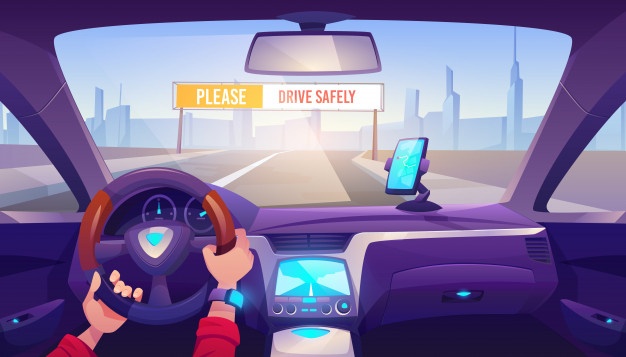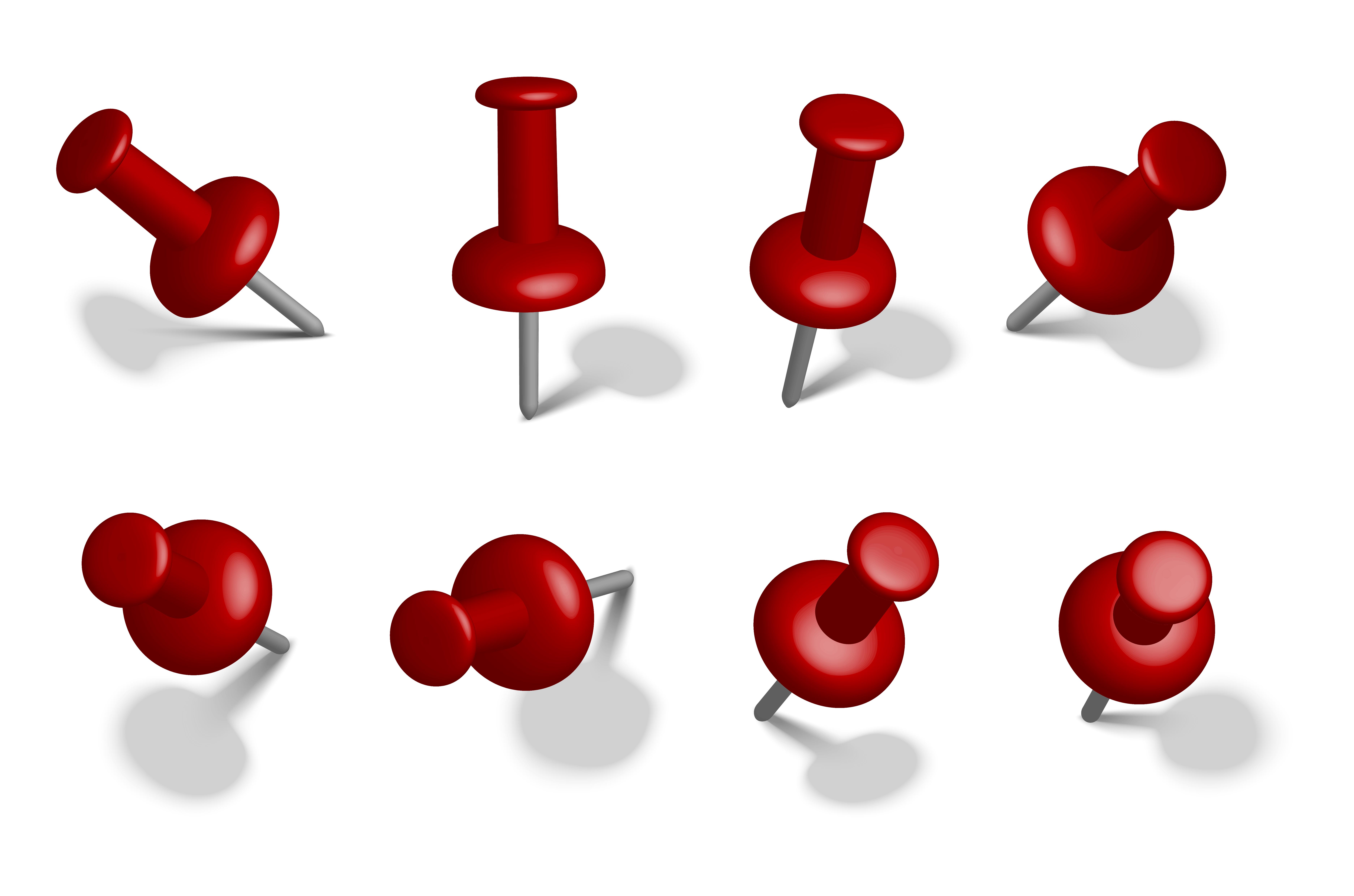What is your locus of control?
2 minutes read | 3 comments

Written by Joseph Addo

Do you usually find yourself taking responsibility for every action you take or do you believe everything you do was meant to happen or predestined? Do you believe you are the one to determine the course of your life no matter what or you believe other people or factors are responsible for whatever happens in your life? This brings us to our topic today.
Locus of Control
The term Locus means position due to a condition, so we’d simply consider Locus of control to mean the position of our life’s control due to certain conditions.
These conditions could most often be linked to personal behavior or external factors. Locus of control engulfs two main categories, the internal control and the external control.
Internal Locus of Control

In this control type, the individual tends to feel more in control of life’s happenings. They tend to believe that everything that occurs is as a result of their own actions, decisions or choices and don’t blame the outcomes of an event on external factors such as other people, systems or luck. Individuals of this category usually are self-motivated and determined to make outcomes work in their favor.
Due to this trait, internals give themselves credit when they happen to accomplish targets successfully and when they fail, blame themselves well enough. A typical example is when a student believes it is by effort alone that success will be achieved and works hard toward it. The same student also blames his failure on lack of preparedness and laziness or not studying enough and thus, pushes himself or herself to work towards achieving the best.
External Locus of Control

Externalists are individuals who believe every event that occurs is out of their control and that there was no way they would be able to change the outcome. In other words, other factors contribute to the turnouts of their life. They would hardly take the blame for a failed test or the credit for a successful one. To them, there is always someone, a system or a power somewhere ‘’pulling the strings’’ to what takes place in their lives.
This trait makes such individuals turn up as “carefree or lackadaisical” as they do not believe they have any power in them to change anything. Say, for example, in a school test, an externalist doesn’t do too well, they will not consider themselves a factor to the outcome; they would rather blame the test for being too hard or the teacher for being too strict or chance for not being in their favor. There are quite a number of dangers related to externality, especially when outcomes don’t go in the individual’s favor.
The feeling of things going out of control and a person not being able to do anything about it; this can lead to frustration and in worst cases, suicidal thoughts. These people usually need extra encouragement to see to it that they’re able to overcome the hurdles they face in life.
Do we have people on both sides?
Well, that's really possible, humans are very dynamic. I would say these people feel they are in control in certain circumstances and in others, they totally feel not in charge. But the point here is that, one side is usually dominant.
Why the control blab?
Being aware of our control type makes it easier to correct the course of our life after taking certain decisions.

It helps us to define better paths to achieve our goals and to deal with our failures in a much better manner. Particularly, parents and teachers should employ methods to identify their ward’s locus of control so as to assist them in their education and other social aspects of their lives.
Hope you learnt something new and will become more intentional about your locus of control. Please leave your thoughts and questions in the comment section, Thanks for reading.
Feel free to share on any platform
Similar Blogs
Anonymous Comments
We DO NOT record comments with the users who posted them.



